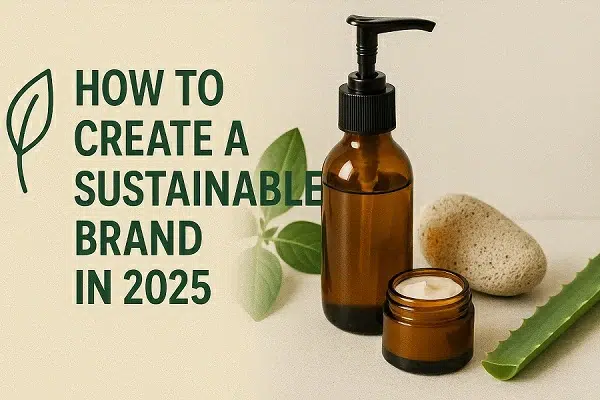The cosmetics industry has always been at the forefront of embracing new technologies to enhance the customer experience. In recent years, Augmented Reality (AR) and Artificial Intelligence (AI) have emerged as game-changers, particularly in the realm of virtual try-on and color matching. These cutting-edge technologies are not only transforming how customers shop for makeup but also significantly boosting brand loyalty.
The Rise of Virtual Try-On Technology
Virtual try-on technology allows customers to see how different makeup products will look on their faces in real-time, without physically applying the products. This innovation has evolved rapidly, offering increasingly sophisticated and accurate simulations. What started as a novelty has now become an essential tool for beauty brands seeking to provide a seamless and engaging shopping experience.
AR and AI in Virtual Try-On
AR technology overlays virtual makeup onto live images or videos of customers, creating a realistic and interactive experience. AI, on the other hand, powers the algorithms that analyze skin tones and facial features to recommend the most suitable products. Together, these technologies provide a comprehensive solution for online makeup shopping.
Benefits of Virtual Try-On Technology
1. Enhanced Customer Experience
Virtual try-on technology offers unmatched convenience. Customers can try on various products from the comfort of their homes, eliminating the need to visit physical stores. This not only saves time but also allows for a more relaxed and enjoyable shopping experience. The real-time feedback provided by these tools helps customers make informed decisions quickly and confidently.
2. Accurate Color Matching
One of the biggest challenges in makeup shopping is finding the perfect shade. AI algorithms have revolutionized this process by offering precise color recommendations based on individual skin tones and preferences. This accuracy reduces the guesswork involved in choosing makeup, leading to higher customer satisfaction.
3. Increased Engagement and Interaction
The interactive nature of virtual try-on tools makes the shopping experience more engaging. Customers are likely to spend more time exploring different looks and products, increasing their interaction with the brand. This heightened engagement often translates into higher conversion rates and increased sales.
4. Personalization
Virtual try-on technology enables a high degree of personalization. By creating a beauty profile based on the customer’s unique characteristics, brands can offer tailored product suggestions. This personalized approach not only enhances the shopping experience but also fosters a deeper connection between the customer and the brand.
Case Studies and Examples
Several leading beauty brands have successfully integrated virtual try-on technology into their offerings. Sephora, L’Oréal, and MAC are just a few examples. These brands have reported significant increases in customer engagement and sales. Customer testimonials highlight the convenience and fun of using these tools, further reinforcing their value.
Impact on Brand Loyalty
Enhanced customer satisfaction naturally leads to repeat purchases. When customers have a positive experience with virtual try-on tools, they are more likely to trust the brand and return for future purchases. Additionally, satisfied customers often share their experiences on social media, generating word-of-mouth marketing and attracting new customers.
Challenges and Future Prospects
While virtual try-on technology has come a long way, there are still some limitations. For instance, achieving perfect accuracy in different lighting conditions can be challenging. However, ongoing advancements in AR and AI promise to address these issues. The future looks bright for virtual try-on technology, with potential improvements including more sophisticated skin analysis and even more realistic simulations.
Conclusion
Virtual try-on technology is undeniably revolutionizing the cosmetics industry. By enhancing the customer shopping experience and fostering brand loyalty, AR and AI are proving to be invaluable tools for beauty brands. As these technologies continue to evolve, they will only become more integral to the way we shop for makeup.







